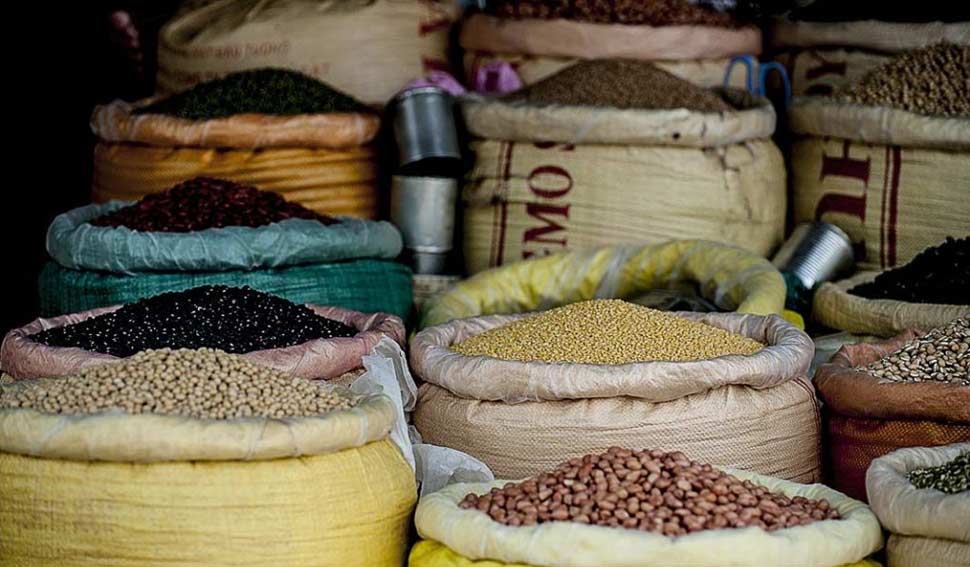Govt taking steps to stabilize prices of essential commodities in Meghalaya

Recognizing the urgency of the situation, the Food Civil Supplies and Consumer Affairs Department has undertaken several initiatives to stabilize prices and ensure the availability of essential commodities to all citizens. A significant step in this direction has been the implementation of the Price Monitoring System (PMS).
“This system, present in every district, collects and disseminates wholesale and retail prices of 22 essential commodities to protect consumer interests and ensure these items remain affordable for the common people,” a statement issued by the Department said on Friday.
It added that in an effort to improve the representativeness of daily price data, the Government of India has expanded the number of monitored commodities from 22 to 38, effective from August 1, 2024. This expansion includes 16 additional commodities, aligning the coverage more closely with those listed under the Consumer Food Price Index (CFPI) of the Consumer Price Index (CPI) of the Ministry of Statistics & Programme Implementation.
“Shillong, Tura, Jowai, Sohra, Mairang, Nongpoh, Khliehriat, Nongstoin, Mawkyrwat, and Williamnagar have been integrated into the Price Monitoring System (PMS) application, ensuring that prices do not exceed the All-India Rate of Essential Commodities,” the department said.
To further safeguard consumer interests, the Department has strengthened its monitoring mechanisms by establishing two levels of Price Monitoring Committees: the State Level Price Monitoring Committee and the District/Sub-Divisional Vigilance and Monitoring Committees. These committees are tasked with monitoring price movements and conducting regular inspections to prevent hoarding, black marketing, and unwarranted price hikes of essential commodities,” it said.
The Department further maintains the Price Monitoring System (PMS) Dashboard, which captures the daily prices of essential commodities across all districts and sub-divisions. This MIS Dashboard is a critical tool for enabling key decision-making by Department officials. The Retail Prices MIS of Meghalaya can be accessed on the Department’s website at https://megfcsca.gov.in.
Further, the statement said, the primary function of the Food Civil Supplies and Consumer Affairs Department is to ensure that essential commodities remain affordable for the common people of Meghalaya.
“The Department is committed to preventing hoarding, black marketing, and artificial price hikes, and ensuring the availability of essential commodities in the open market. As the Minister concerned, I assure the people of Meghalaya that we will continue to work diligently to implement relevant acts and policies effectively, ensuring the well-being of all citizens,” it also said.
On the other hand, the department said multiple factors have contributed to the fluctuation in prices, particularly in essential commodities like food grains, pulses, and vegetables.
The irregular and late monsoon rains experienced across parts of the country have led to widespread droughts, significantly affecting food grain and vegetable production. In other regions, heavy rainfall has caused flooding, destroyed crops and further reduced supply, it said.
Additionally, with India’s population exceeding one billion, supply often struggles to meet demand, leading to inflationary pressures. The unique topography and climate conditions of Meghalaya also exacerbate these supply-demand imbalances. The high cost of labour and transportation has further intensified the situation.
The hilly terrain of Meghalaya increases transportation costs, which are subsequently passed on to consumers. The state’s reliance on imports of certain commodities from outside its borders has also aggravated the situation, as market fluctuations elsewhere directly affect local prices, it added further.

Leave a Reply